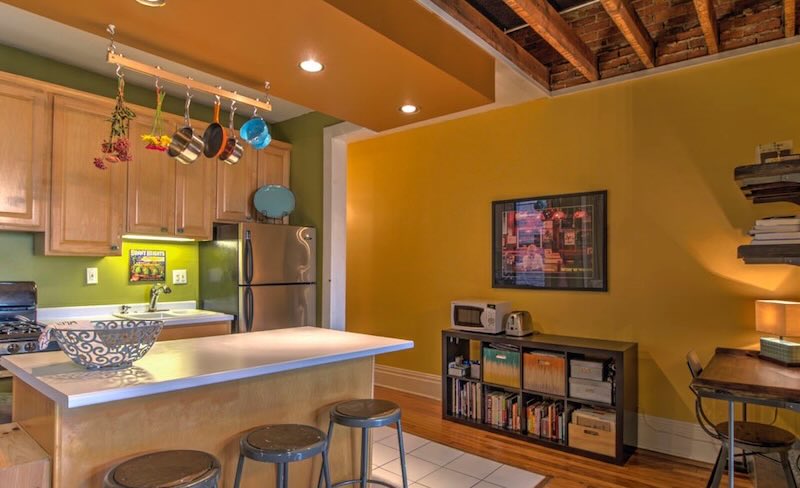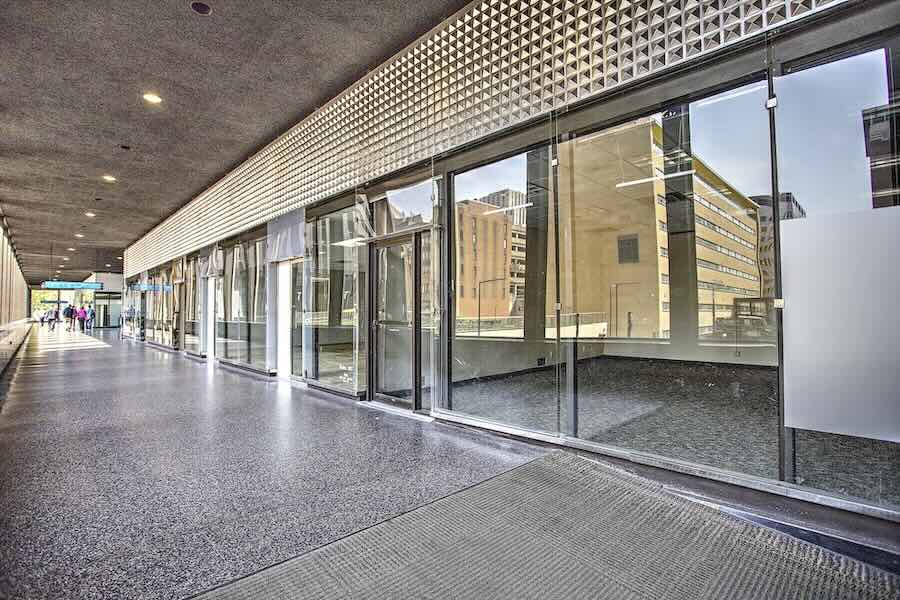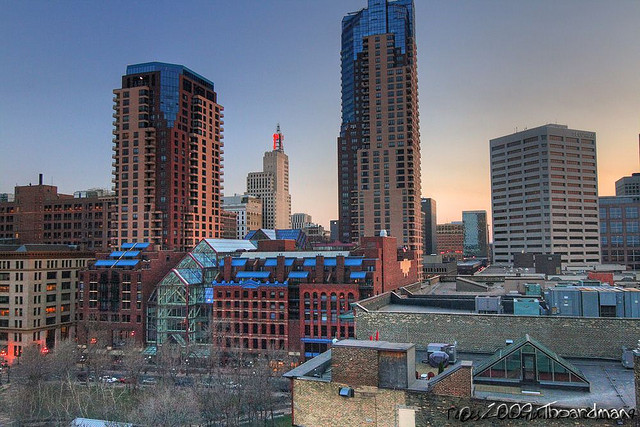
If you buy a townhouse or condo in Minnesota there is a ten day rescission period. That means you have ten days to read the condo documents including rules, bi-laws and financials. Some condo associations will even share meeting minutes from home owner association (HOA) meetings.
A buyer can cancel the purchase with no penalty if there is something in the HOA documents that isn’t acceptable. Over the years I have had a few buyers cancel a condo purchase because of rules like pet restrictions, rental restrictions and other restrictions on how the unit can be used.
Sometimes the HOA doesn’t have adequate reserves to cover maintenance or unforeseen repairs. Which means owners may receive large assessments to pay for repairs.
Maybe the HOA dues are just too high.
It is important to understand that it is the buyer who needs to read and understand HOA documents and that any questions should go directly to the HOA. Seller’s do not always have the facts and real estate agents should stay out of it. Everything is in writing from the association.
NEVER rely on what a real estate agent or a condo owner says when it comes to anything that the HOA controls. Go directly to the management company or designated member of the HOA board of directors. Get everything in writing.
Buyer’s agents and listing agents should refrain from answering questions or acting as a go between when the buyer is doing due diligence. Some real estate agents get too involved. Seller’s should always direct questions to the association.
Agents may assist their clients by providing phone numbers and email addresses or forwarding documents to the buyer but should not be answering questions for the association.




